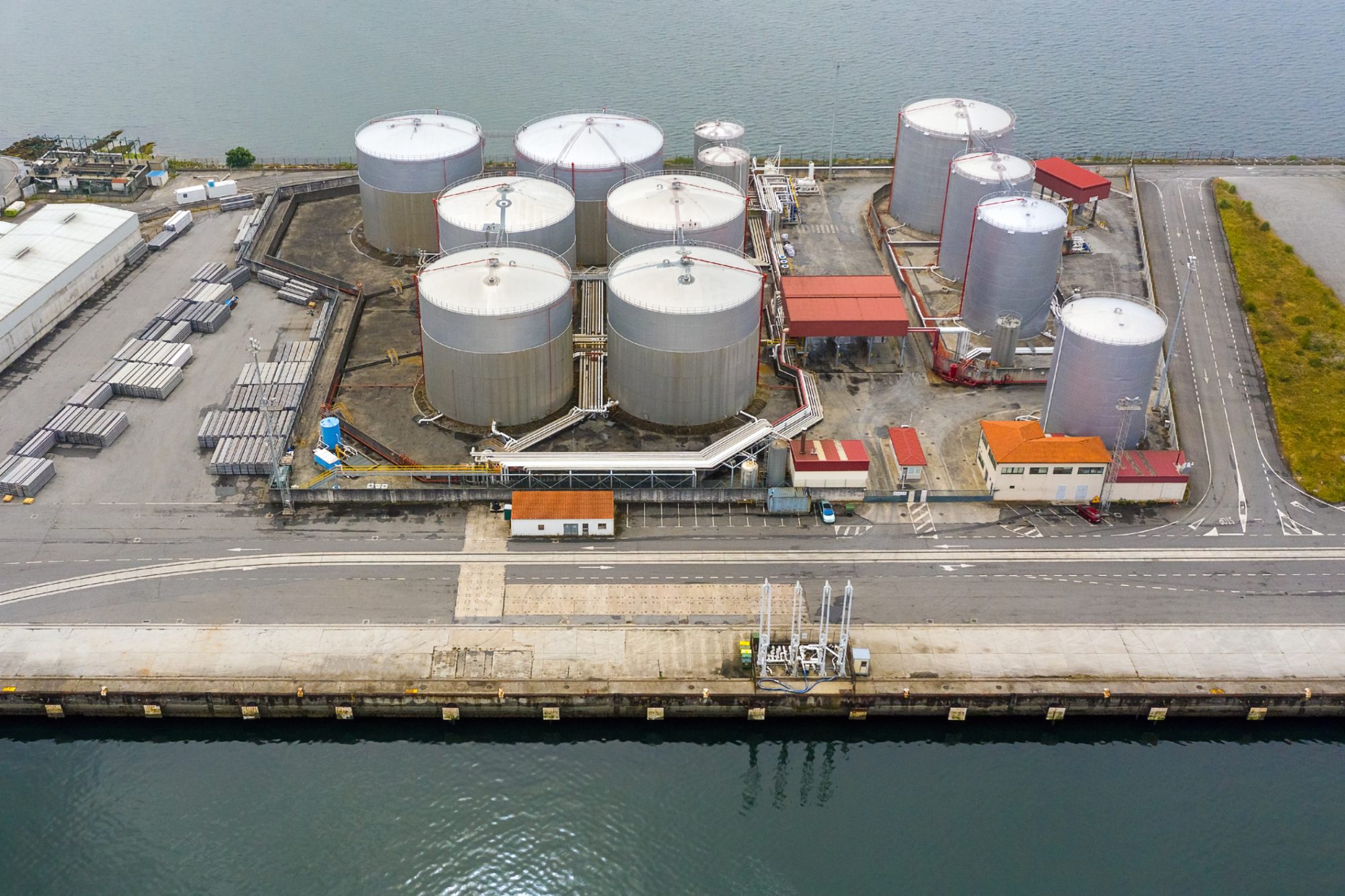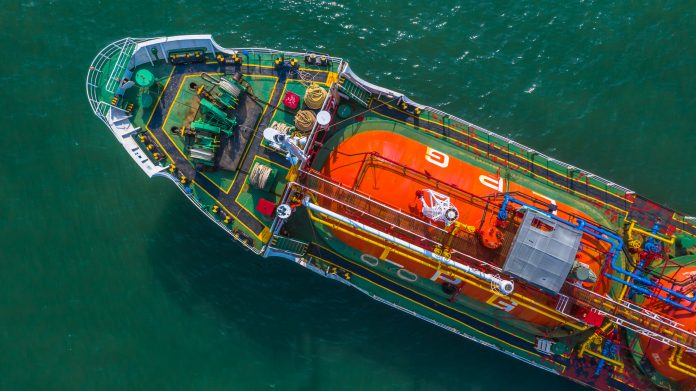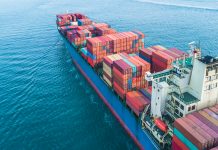Vidal Bharath, Chief Commercial Officer at Bramble Energy, explains why hydrogen technology is key to maritime industry decarbonisation
Is the “new green age” of shipping finally upon us? Whilst we – globally, collectively – may have been slow to recognise the impact of maritime on carbon emissions, good headway toward maritime industry decarbonisation is, at last, being made in this space.
In 2021, major retailers pledged to only move cargo via zero-carbon fuel ships by 2040. Maersk is set to deliver the world’s first carbon liner vessel – fuelled by methanol – in 2023. In the UK, the launch of the Shipping Office for Reducing Emissions (UK SHORE) in March 2022 was closely followed by the announcement of a second round of the Clean Maritime Demonstration Competition, with £12 million in funding made available to accelerate the development of net-zero technologies for the maritime industry. It seems only right, too, that the maritime sector is also returning to its roots by exploring how wind power can be better harnessed.
But cutting the emissions of such a complex industry is no simple task. To reach current targets set by the International Maritime Organisation (IMO) – and far, far beyond – a multi-faceted approach is needed. Renewable energies such as wind and solar will be key of course, but so too will the development of new technologies and the leveraging of hydrogen power.
The importance of ‘super fuel’ hydrogen to maritime
Hydrogen, which can be produced via renewable energy sources and emits only water vapour, has a fundamental role to play in the decarbonisation of the global maritime industry: a vital ‘super fuel’, according to the UK government’s Hydrogen Strategy.
Powering vessels is one element, but there is a much broader range of elements with which hydrogen power is compatible. For example, ports are the hub where land and sea join, meaning many industries intersect. Replacing all port activities with renewable energies would have a massive impact on carbon emissions in the maritime sector. The logistics at ports to remove cargo etc. could be powered with hydrogen fuel cell technology and would mean they can take advantage of the ‘no downtime factor’.
Hydrogen can be stored and transported in tanks – much like traditional fossil fuels – and existing vessels can more simply be retro-fitted with hydrogen technologies, such as fuel cells. Whilst electric batteries work well in vessels with shorter shipping routes, hydrogen fuel cells require refuelling less frequently, and so are well placed to power larger ships on longer, international routes.
However, for a truly clean solution end to end, other alternatives such as wind power do have a part to play in producing green hydrogen through electrolysis for infrastructure that could run port side – a potential for a contained, clean power source for operations and shipping in the future.
Investment in hydrogen – alongside other green technologies – would also help to create a more stable and versatile energy market through increased economic efficiency of investing in renewables and helping to optimise power systems and security of power supplies.
The issues holding hydrogen power back
The benefits across the broad spectrum of the maritime industry are abundantly clear yet progression has been slow. The greatest challenges in relation to hydrogen implementation within the maritime sector are the lack of infrastructure, investment, education and governmental policy – which together are preventing the technology from reaching its full potential. The cost of hydrogen compared to other fuels is higher as a result.
Much like the implementation of hydrogen technologies in other industries such as automotive and mobility, maritime hydrogen power presents us with a chicken and egg situation. Should the ship technology be developed first, or the fuel?
A report by the Department for Business, Energy and Industrial Strategy (BEIS) in July 2022 identified a number of gaps in the UK supply chain that must be addressed in order to meet future demand – including, for example, a shortage of suppliers who can support large scale compression of hydrogen for storage, as well as hydrogen-qualified line pipe manufacturers.
The storage and transportation of hydrogen on vessels in its compressed or liquid forms have significant implications for health and safety too. It also requires more storage space (at incredibly cold temperatures) aboard vessels too – meaning that an albeit small percentage of space may be lost to additional cargo.
Increased investment to enable scale at pace would allow hydrogen to compete with and displace traditional fossil fuels from both a cost and practical perspective.

How can maritime industry decarbonisation be made scalable?
Just as with other industries, maritime industry decarbonisation is going to take the use of every single viable clean solution to scale decarbonisation. The industry has made moves towards curbing emissions, but it needs more support from the government and policymakers to be made scalable. It’s vital the new solutions that are developed have the right requisite regulations and safety around their use put in place.
Shipping remains one of the most energy-efficient ways to carry goods. Freight transport, for example, uses five times more energy however its near sole reliance on fossil fuels makes it overly energy intensive. There should also be a collaborative approach with the maritime sector working with industries such as energy, heavy transport, and building heating sectors to develop supply chain networks, safety guidelines and regulations to enable scaling and reduction in the cost of hydrogen-based fuels.
Legislation and regulatory frameworks are fundamental components of unlocking hydrogen’s potential for maritime use. The UK Government’s 2021 Hydrogen Strategy is a start – but to date, there is little specific legislation that relates to hydrogen, and no specific regulatory body either. Cross-fertilisation of knowledge and expertise across industries and government bodies is also needed – with 80% of hiring managers citing a skills shortage as a significant issue for the renewable energy sector.
Incentivisation will also be key to help get early adopters of hydrogen power over the line – and the more adopters, the more that hydrogen will come down in cost.
Time for action
The need for maritime industry decarbonisation is urgent: experts predict that global carbon emissions produced by shipping will in fact rise from 3% to 10% if the industry continues to rely on fossil fuels.
There is no single answer to the issue of maritime decarbonisation – only that an approach bolstered by technology and multiple energy sources is very much needed if the global industry is to come within a nautical mile of the emissions targets set by the IMO. To work with a decarbonisation strategy that does not include hydrogen technology would mean only slowing – if not curbing – the progress already well underway.
Contributor Profile
Editor's Recommended Articles
-
Must Read >> Safety standards in maritime transport































